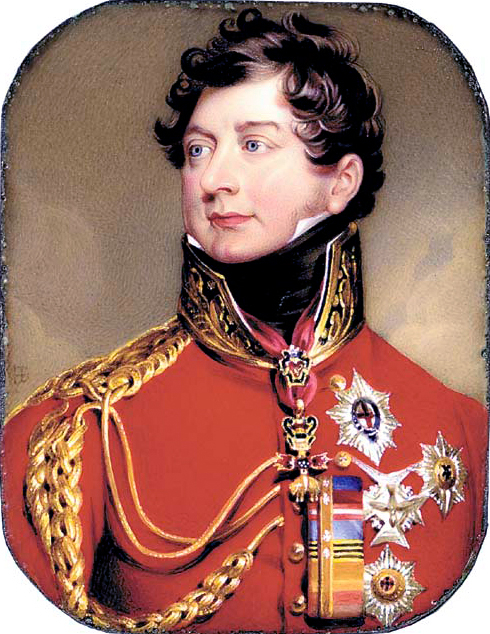The Consular Corps is in charge of looking after their own foreign nationals in the host country; a Consul is distinguished from an Ambassador, the latter being a representative from one head of state to another.
A Consul is used for the official representatives of the government of one state in the territory of another, normally acting to assist and protect the citizens of the Consul’s own country, and to facilitate trade and friendship between the peoples of the two countries.
Former Chief Justice of the Michigan Supreme Court, Abner Pratt, resigned from the bench in 1857, when President James Buchanan appointed him the first US Consul to the Sandwich Islands (Hawaiʻi,) with headquarters in Honolulu, a post he held until 1862.
Prior to Pratt’s arrival in Honolulu, the federal government had changed how Consuls at important posts were compensated. The position of US consul to Honolulu became a salaried position, and Pratt earned $4,000 a year. (von Buol; archives-gov)
Abner Pratt was born on May 22, 1801, at Springfield, Otsego County, New York. He had no formal schooling but eventually read law at Batavia, New York, later practicing in Rochester, New York, as District Attorney. He liked what he saw of Michigan on a business trip in 1839, and resigned his post in New York to move to Marshall, Michigan. (Michigan Supreme Court)
He was a man of peculiar traits of character. His views, impulses, likes and dislikes were of the most decided kind and assumed the control of his conduct. He gave his whole energy to whatever principle or policy he espoused. This made him a bitter opponent or an unflinching friend.
There was no compromise in him. He always had the courage of his opinions, and gave them without stint on every occasion. He probably never uttered a doubtful sentiment in his life, or took back one he had uttered. (Michigan Historical Commission)
Laid out in the 1860s, the Marshall community had hoped to be Michigan’s State capitol; however, prosperity came in the form of railroad activity and later a patent medicine trade. With a cross-section of 19th- and early 20th-Century architecture, the keeper of the National Register of Historic Places referred to Marshall as a “virtual textbook of 19th-Century American architecture.”
One of these was the home of Pratt. This mid-nineteenth century mansion is believed locally to be a replica of the royal palace of Kamehameha IV and Queen Emma. The home is known as “Honolulu House.”
In the Islands, “Hoihoikea” was a large, old-fashioned, livable cottage erected on the grounds of the present ʻIolani Palace. This served as home to Kamehameha III, Kamehameha IV and Kamehameha V; the Palace being used principally for state purposes. (Taylor)
The palace building was named Hale Ali‘i meaning (House of the Chiefs.) (The construction of the present ʻIolani Palace began in 1879 and in 1882 ʻIolani Palace was completed and furnished.)
Click HERE to a story on Hale Aliʻi.
A brochure published by the Marshall Historical Society provides a colorful description of Honolulu House: “The house is of true tropical architecture – fifteen-foot ceilings, ten-foot doors, long, open galleries with the dining room and kitchen on the ground level. A circular freestanding staircase rises from the lower level to an observation platform more than thirty feet above. The walls in the interior of the house were painted to depict scenes from the islands.” (von Buol; archives-gov)
The house is a unique structure, not only in the Midwest, but in the entire United States. An elaborate nine-bay porch spans the front, with its wide center bay serving as the base of its pagoda-topped tower. Its tropical features include a raised veranda and the observation platform. (Marshall Historical Society)
The main story is of wood, simulating an arcade whose central bay is wider than the others. This bay forms the lower part of a tower. Above the central bay is a second story, open at the front (east) through a Tudor arch and railing; the north and south sides are enclosed, having a window in each. The west side of this upper porch opens into a stair hall. (Historic-Structures)
This house occupies a large level lot at the southwest corner of Kalamazoo Avenue and West Mansion Street. The west edge is bounded by a narrow alley. The south edge and southeast corner have been cut into by a traffic circle. (Historic-Structures)
Pratt, who often wore tropical clothing more suitable for Hawaiʻi than winter in Michigan, did not get to enjoy the house for long; he died of pneumonia on March 27, 1863, after he had returned home in inclement weather from a trip to the state capital in Lansing. At the time of his death, Pratt had been serving in the state legislature.
Each year, thousands of tourists interested in the architectural history of the 19th century visit Marshall. In a town known for architectural preservation, Pratt’s home has a unique honor of preserving not only Michigan history but also a piece of Hawaiian history. (von Buol; archives-gov)
The Honolulu House Museum stands in the heart of Marshall’s National Historic Landmark District and is listed on the Historic American Buildings Survey. Constructed of Marshall sandstone, the Museum is a wonderful blend of Italianate, Gothic Revival, and Polynesian architecture. (Marshall Historical Society)





























